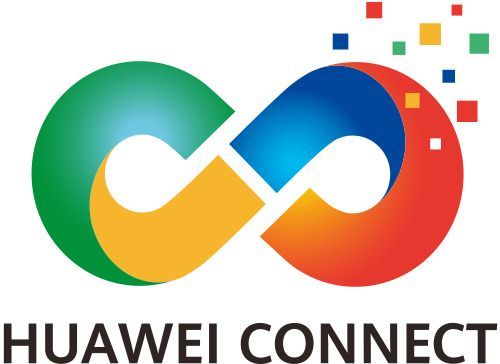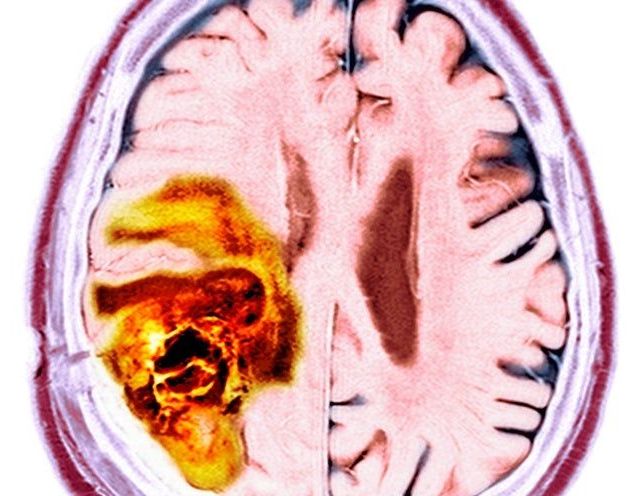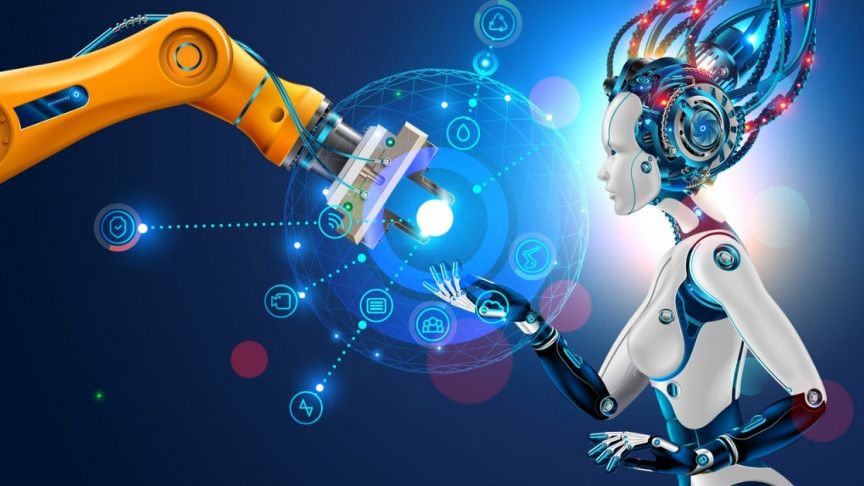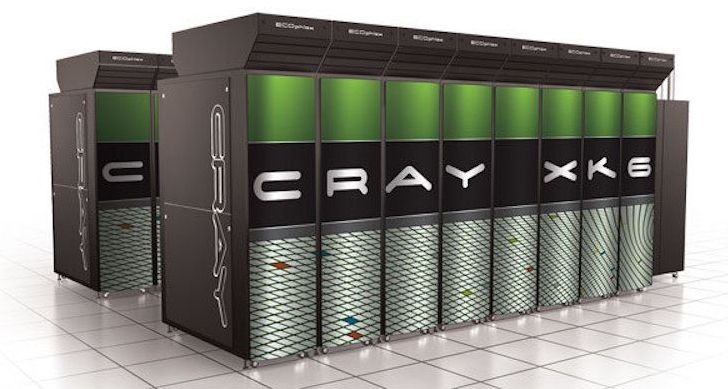
Venus likely maintained stable temperatures and hosted liquid water for billions of years before an event triggered drastic changes in the planet, according to a new study.
Now, Venus is a mostly dead planet with a toxic atmosphere 90 times thicker than ours and surface temperatures that reach 864 degrees, hot enough to melt lead. It’s often called Earth’s twin because the planets are similar in size. But the modern comparisons stop there.
However, a recent study compared five climate simulations of Venus’ past and every scenario suggested that the planet could support liquid water and a temperate climate on its surface for at least three billion years. Like the other planets in our solar system, Venus formed 4.5 billion years ago.


















